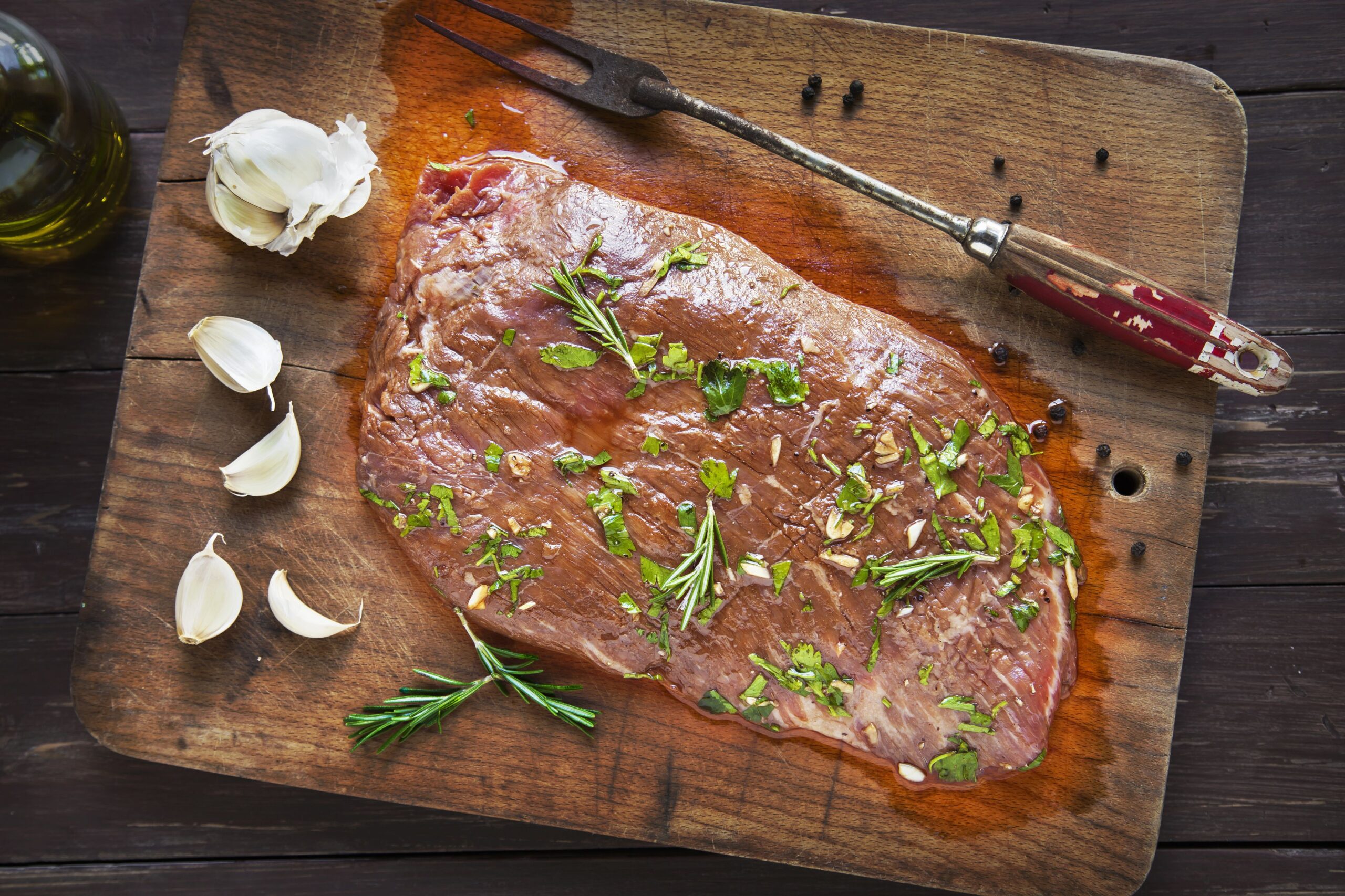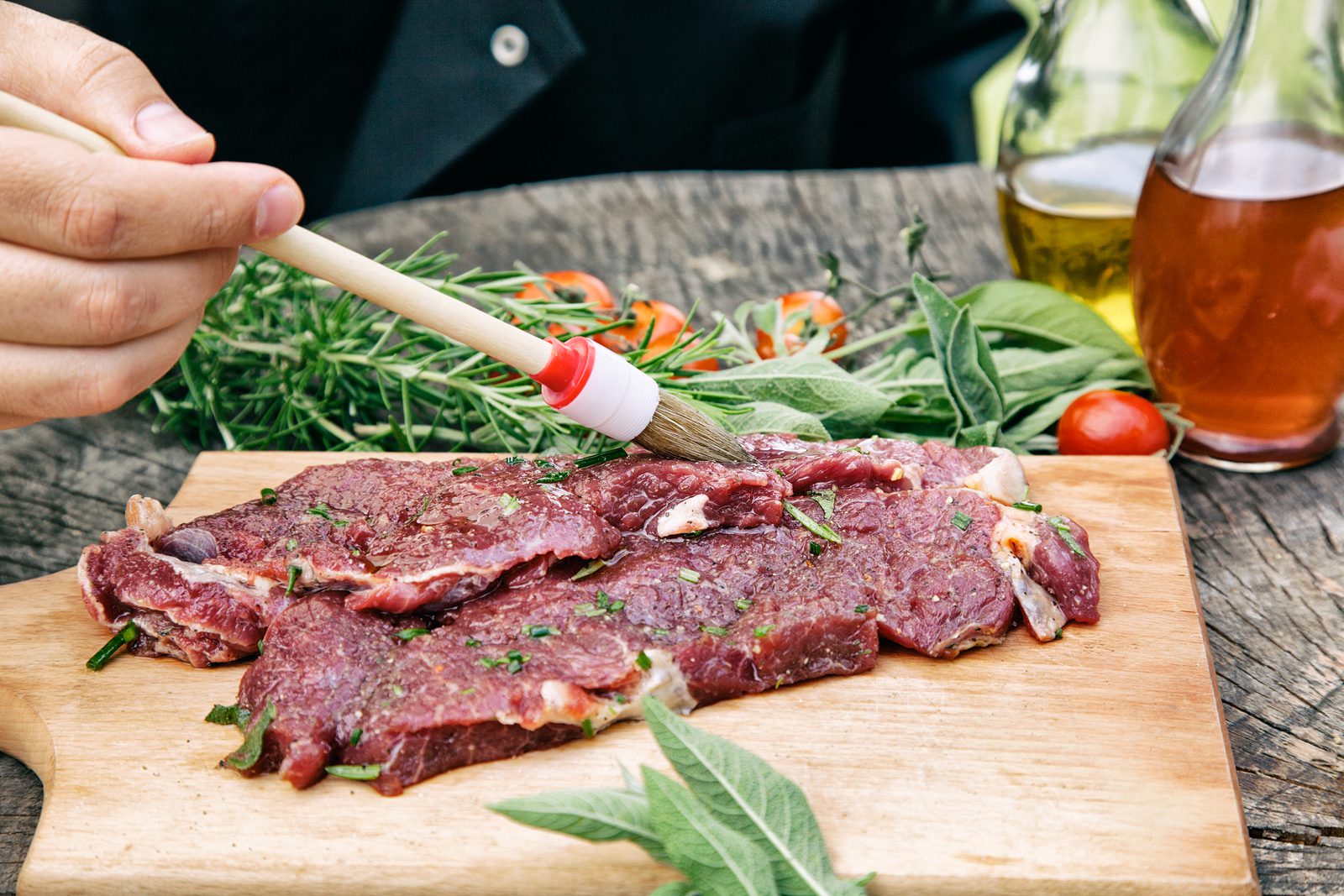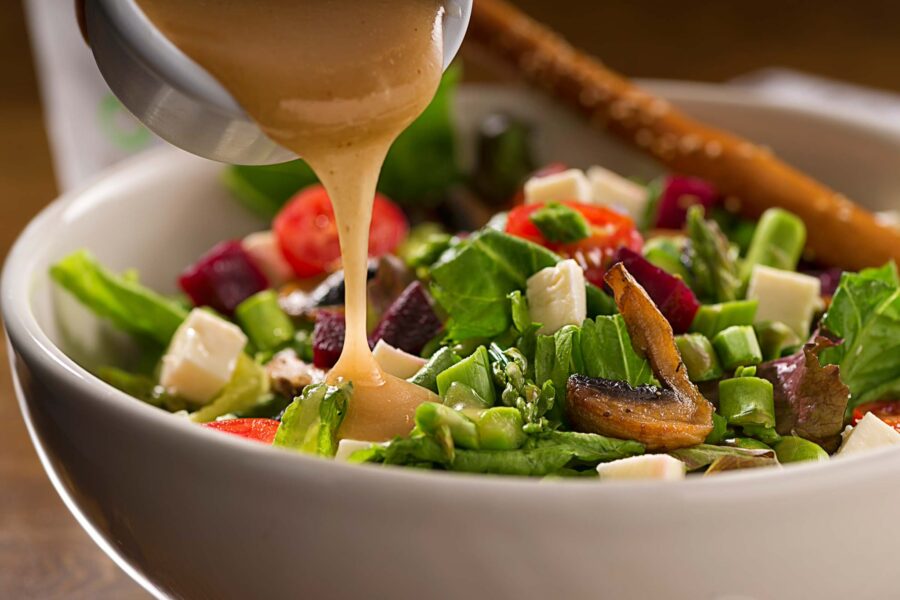Marinating is a simple yet transformative technique in the culinary world. It involves soaking food, typically meat, fish, or vegetables, in a flavorful liquid before cooking. This process not only infuses the food with flavor but can also tenderize tougher cuts of meat. Understanding the basics of marinating can elevate your cooking, turning ordinary dishes into extraordinary meals.
Choosing the Right Ingredients for Your Marinade
The foundation of any good marinade is a balance of acid, oil, and seasonings. Acidic ingredients like lemon juice, vinegar, or yogurt help to tenderize the meat and carry flavor deep into it. Oils are essential for moisture and can help to carry oil-soluble flavors. Seasonings, including herbs, spices, and aromatics like garlic or onion, provide the distinctive flavors of the marinade.
Marinade Ratios: Finding the Perfect Balance
A general guideline for creating a marinade is to use three parts oil to one part acid, then add seasonings to taste. However, this ratio can be adjusted based on the desired outcome and the type of food being marinated. For more delicate items like fish or vegetables, a lighter touch with the acid might be preferable.
Time Matters: Marinating Duration
The length of time food should be marinated depends on its type and size. Small or tender items like fish fillets may need only 30 minutes, while tougher cuts of meat can benefit from several hours to overnight. It’s important not to over-marinate, especially in highly acidic mixtures, as this can lead to a mushy texture.
Marinating Safety Tips
Always marinate food in the refrigerator, not at room temperature, to prevent bacterial growth. Additionally, if you plan to use some of the marinade as a sauce, set aside a portion before adding the raw meat, or ensure it is thoroughly cooked after coming in contact with raw food.
Creative Flavor Combinations
Experiment with different ingredients to create unique marinades. For example, soy sauce and ginger for an Asian-inspired flavor, citrus and cilantro for a Latin American twist, or balsamic vinegar and herbs for a Mediterranean vibe. The possibilities for flavor combinations are endless.
Applying Marinades for Maximum Effect
For an even distribution of flavor, ensure the marinade covers the food completely. Using a ziplock bag can be an efficient way to marinate, allowing you to easily turn the food to ensure all sides are coated.
Conclusion: Unleashing a World of Flavor
Marinating is a versatile technique that allows you to infuse a wide variety of flavors into your dishes. By understanding the basic principles and experimenting with different ingredients and timings, you can enhance the taste and texture of your favorite foods. Whether you’re grilling, roasting, or sautéing, a well-crafted marinade can transform your culinary creations.





